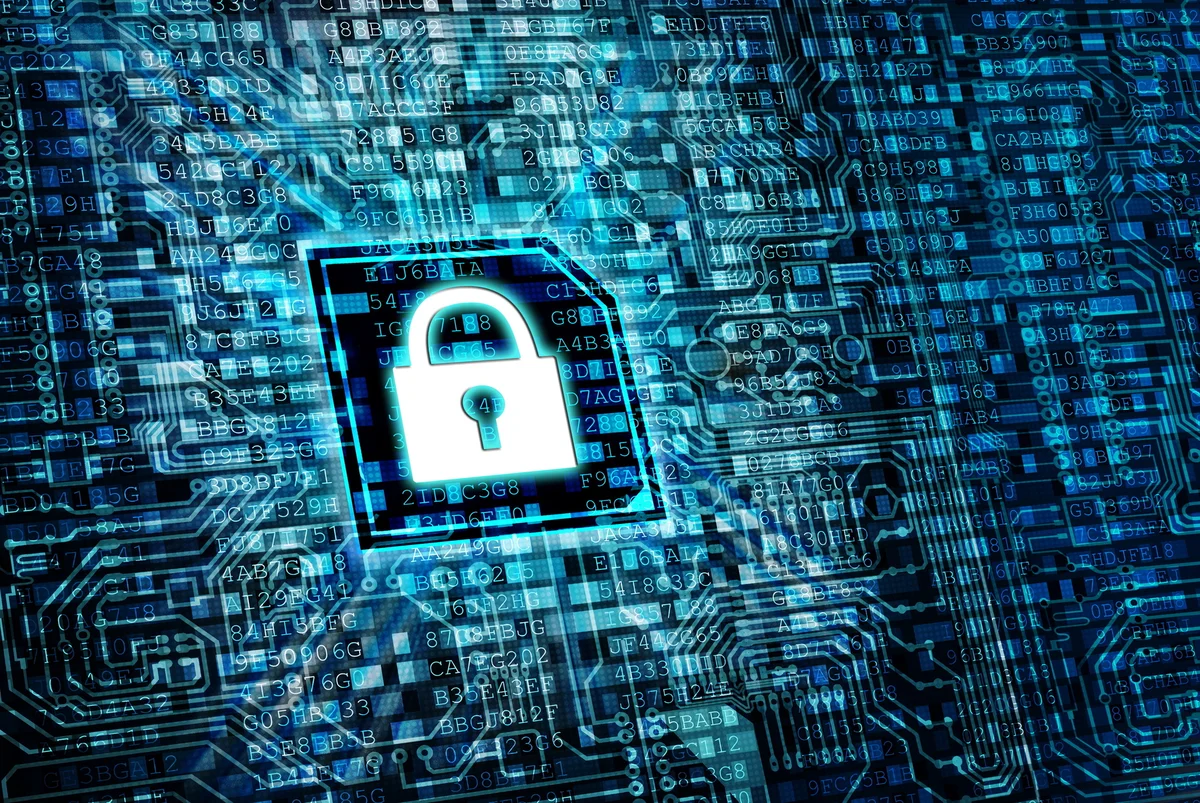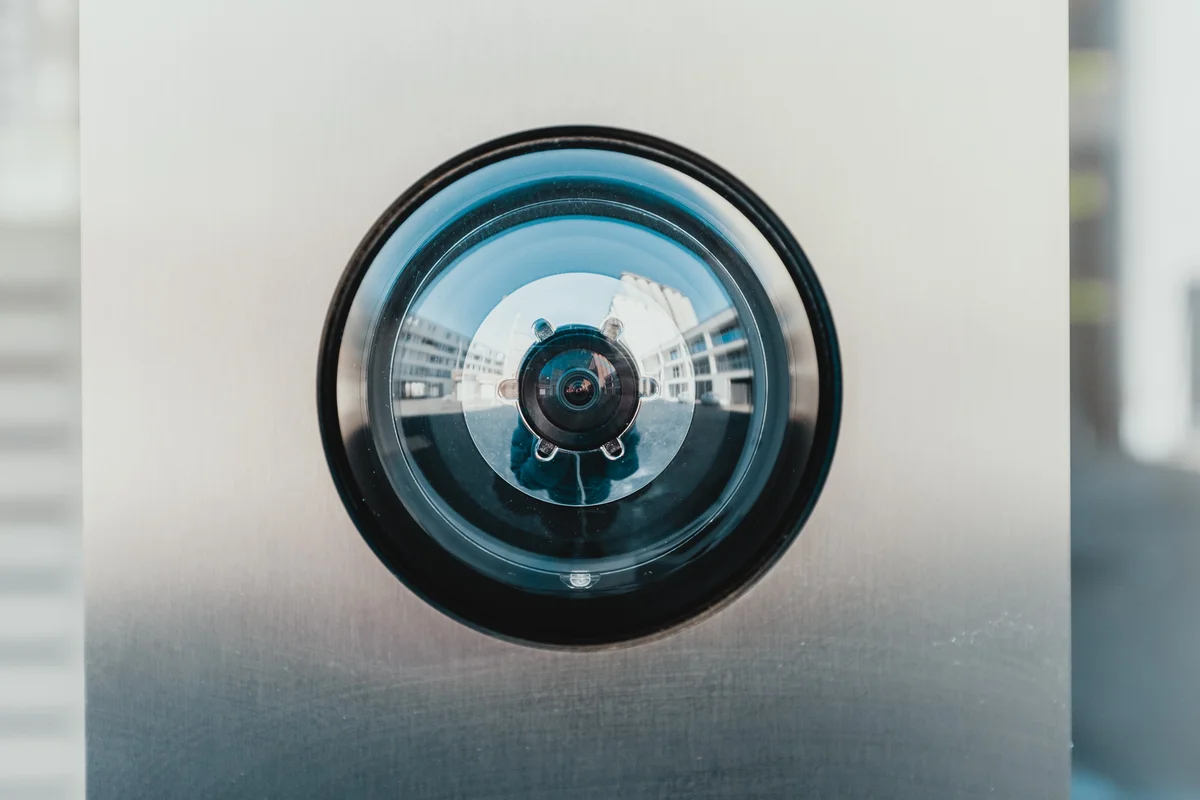6 Common Password Mistakes to Avoid for Small Businesses
Managing security at your business is something that simply cannot be overlooked. This is particularly true given the fact that the cybercrime industry will be worth over $10 trillion before the end of the decade.
The most basic form of security is choosing the right password for your accounts. Let’s explore some of the most common password mistakes and how you can develop a password management strategy.
1. Using the Same Password for Multiple Accounts
This is a frequent oversight that people make at small businesses. Unfortunately, many people are also unaware of how dangerous it is. Since the average employee often has multiple business accounts to manage, it’s not uncommon for them to use the same password for these accounts.
As you might guess, this also means that guessing this password gives an unauthorized person access to information on every account. This could easily result in severe consequences.
2. Sharing Your Password With Others
Passwords should always be kept to yourself.
Under no circumstances should you share a password with somebody else. This is simply due to the fact that you cannot guarantee that the individual will not continue to share it.
Additionally, an account is never 100% secure if someone else other than you knows the password. It’s also worth noting that personal conflicts with that individual could cause them to access your account out of spite. If you feel someone may know your account info, it’s best to start using new passwords as soon as possible.
Also Read: How to Make a Public Profile on Snapchat
3. Using Personal Information Is Your Password
The password that you choose won’t be very effective if it can be easily guessed. One of the most common ways people guess passwords is by inputting personal information about the account holder. For example, let’s assume that someone who was born in 1997 has a dog named Dexter.
It wouldn’t be unfeasible for them to choose a password like “Dexter97.” Although it might take a few attempts, someone could inevitably gain access to the account by consistently trying out different personal information.
Instead, the password you choose should have nothing to do with you at all. This includes the names of your family members, your interests, your birthday, etc. Knowing how to create passwords is the first step toward keeping your accounts safe.
4. Storing Your Passwords in Accessible Areas
If you need to store your password somewhere, it should always be kept within a password manager.
This is an application that encrypts all of the passwords you input into it. It also requires a master password in order to access. So, don’t make the mistake of writing one of your critical passwords down on a sticky note and keeping it within your desk.
This could easily come back to haunt you in the future. You can check out this resource by logmeonce.com for more information about a useful security platform.
Avoiding These Common Password Mistakes Is Crucial
Otherwise, you will find yourself dealing with a data breach that could have otherwise been prevented. So, keep this in mind moving forward so that you can ensure that none of the above common password mistakes affect your business.
Looking for more tips that can help you out later on? Check out the rest of our blog for plenty of more useful information.




